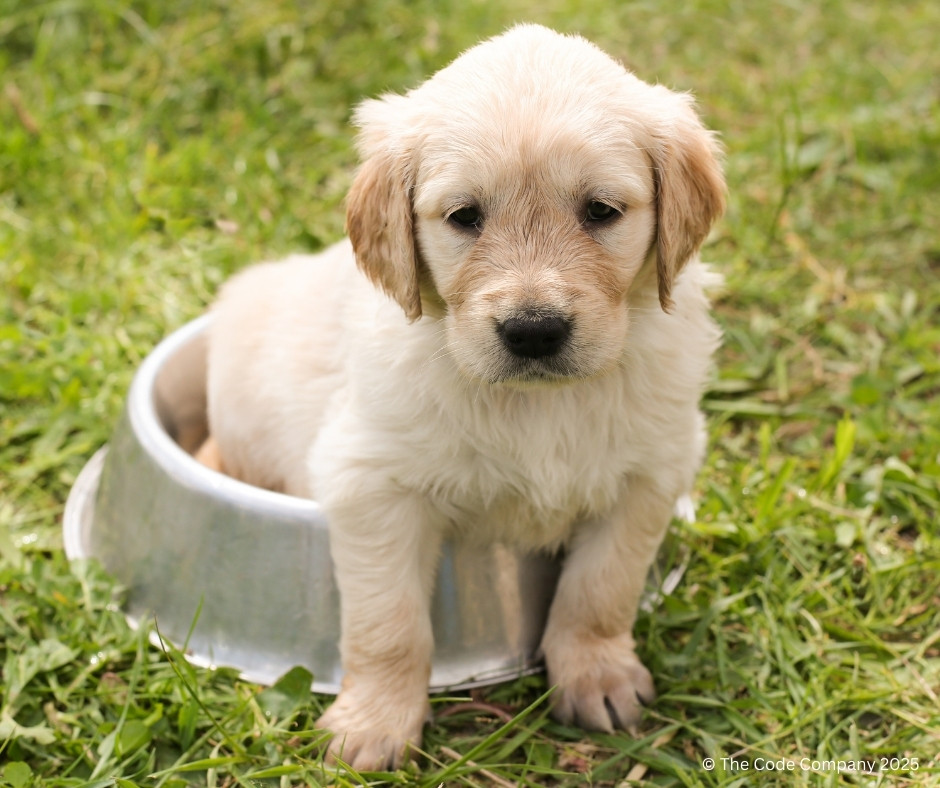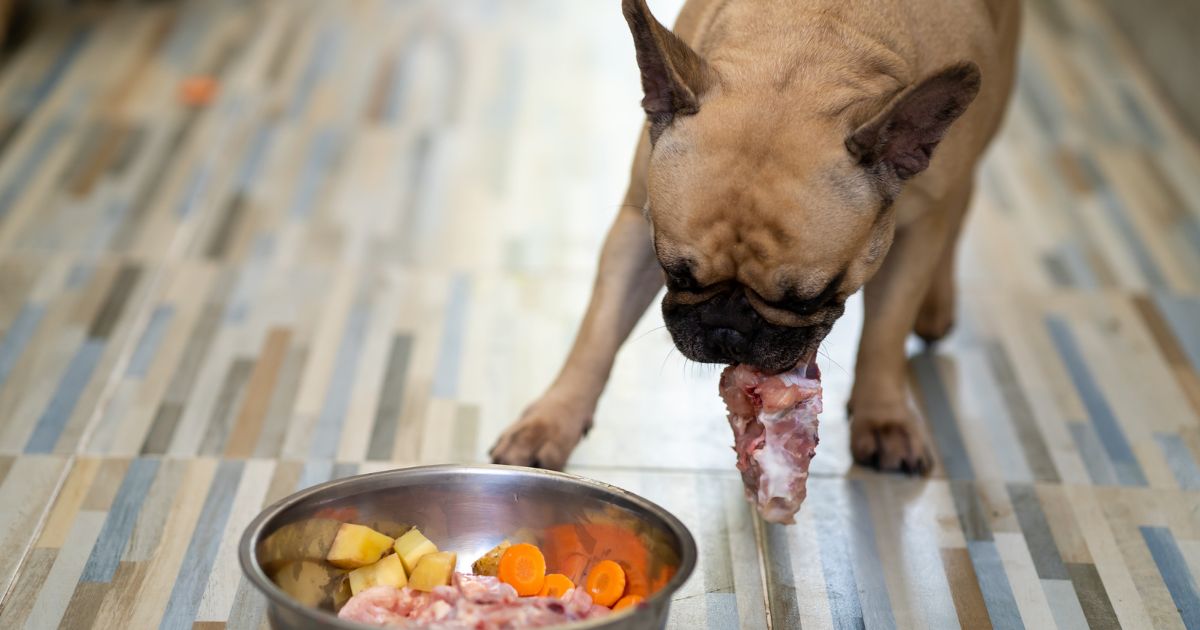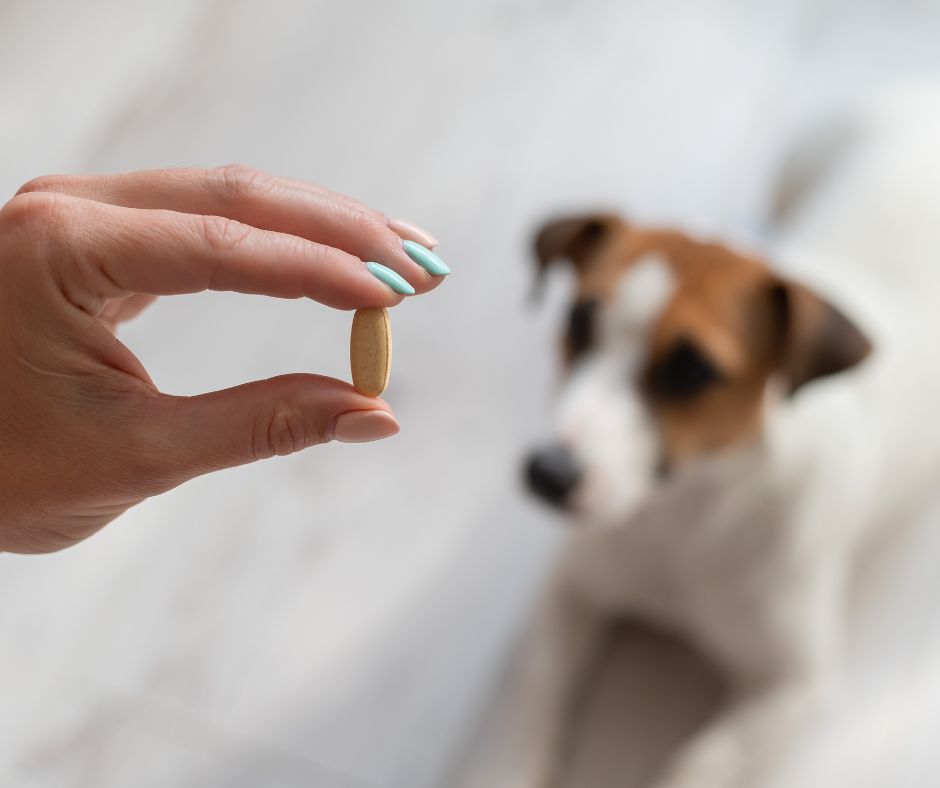How dogs and cats keep warm in winter and cool in summer We answer your questions about dogs' and cats' ability to thermoregulate - or control their body temperature. This is important information for keeping your pets cool in summer and warm in winter.South Africa has the perfect temperate climate to keep dogs and cats safely comfortable during all seasons. However, in some parts of the country, it can get very cold in winter and very hot in summer. During weather extremes, we need to be aware of pets’ wellbeing: are they warm enough or cool enough? How do they keep themselves warm or cool themselves down, and what can we do to ensure they are not freezing or overheating? |
All you wanted to know about senior pet care We answer your questions about caring for senior petsTime flies when you’re having fun – especially with a beloved dog or cat. Pets make our long days not only bearable, but worthwhile, and sharing affection with a pet helps us return to the moment when we’re anxious or overwhelmed. The only problem with pets is that they too get old, slow down, require additional special care, and a different approach to their health and wellbeing. |
YOU are your pet's best bet for successful treatment What happens when the vet cannot cure your pet? In this article, we address the responsibility of the vet and the pet owner; what makes diagnosis and treatment possible and what makes it difficult; and what to do when the vet doesn't have all the answerAs a pet owner, the veterinary clinic or animal hospital is your first port of call when your pet is showing concerning symptoms, and you are seeking a diagnosis and an effective treatment plan. The veterinarian’s main objective is to ensure your pet receives quality care that restores and even improves their health and wellbeing. We love animals and we want to see them well again – as much as you do. |
How prepared are you for raising a puppy? The idea of a new puppy may present itself as comprising idyllic, fun-filled days of playtime and puppy breath, but the reality of raising a puppy is very, very different.There is something irresistible about a new puppy – from its cute appearance to that unmistakable puppy smell; the way it exudes excitement and is a bundle of wagging, licking joy in your presence. The idea of a new puppy may present itself as comprising idyllic, fun-filled days of playtime and puppy breath, but the reality of raising a puppy is very, very different. |
Managing your pets' anxiety When I have lots of guests over, my cat goes into hiding and my dog becomes extra needy - getting under my feet while I'm trying to host. What can I do when my pets get so nervous?The holiday season is fast approaching and while for many people that means spending more time at home with your furry friends, it also means that your and your pets’ routine is about to change. Perhaps extended family are coming to visit (or you and your pets are going away to visit them). If so, more people (potentially strangers) will be in your pets’ space; there will be more noise and longer days of visiting. Your pets are even sensitive enough to detect any changes in family dynamics – especially around holiday time! |
Nutritional Supplements for Pets Nutritional Supplements for PetsI’m concerned that my pet’s diet may be deficient in vitamins and omega-3s. Can I give her supplements? High-quality nutritionWe know that people who eat healthily and have an active lifestyle have a longer life expectancy than those who do not. The same is true for our pets. If you want your furry friend to live a longer, healthier life, it’s crucial that you feed them a high-quality, veterinary-approved diet. These diets have been scientifically formulated and balanced to meet each type of pet’s specific needs. Choose the right diet for your dog’s breed, size, age and activity levels to give them optimal nutrition. Cats need feline-specific nutrition designed to meet their needs based on age, breed, activity levels and other explicit conditions (obesity, sensitive tummy, dental health, hairball-prone, etc.). When purchasing pet food, you get what you pay for. There is no degree of nutritional supplementation that can compensate for feeding a cheap, poor-quality diet. |
Adverse Food Reaction in Pets My pet eats a premium pet food, but they are getting sick. Help!As logic would go, feeding your dog or cat a high-quality, premium pet food would ensure their nutritional needs are met and they would thrive and live a long and healthy life. This is every pet owner’s objective for their beloved pet. However, some pets – both dogs and cats – can experience what is called an adverse food reaction. In this article, we’ll explore what adverse food reactions are, what causes them, when to take your pet to the vet, and how adverse food reactions are diagnosed and treated. |
Your new puppy Important things to know about new puppy careAdopting and bringing home a new puppy is a very exciting time. Everything is brand-new for your puppy and for you too. It may feel a bit overwhelming to start afresh with this new life in your home, but here are some very important parts of puppy care that you absolutely should not skip. The over-arching reason for ensuring you check all these care boxes is to keep your puppy as healthy as possible and to be a responsible pet parent. |
Your new kitten I just adopted a new kitten. What is the best veterinary advice on how to care for her from Day 1?Important things to know about new kitten careAdopting and bringing home a new kitten is a very exciting time. Everything is brand-new for your kitten and for you too. It may feel a bit overwhelming to start afresh with this new life in your home, but here are some very important parts of kitten care that you absolutely should not skip. The over-arching reason for ensuring you check all these care boxes is to keep your kitten as healthy as possible and to be a responsible pet parent. |
Administering oral, topical, ear and eye medication to cats and dogs I need to give my pet medication at home to complete their treatment. How do I administer it?At some point in every pet’s life, they will need at-home treatment for a chronic or an acute illness, recurring infection, parasite control, wound care, etc. This is why it’s important for every pet parent to know how to give pets medication at home to complete their treatment. These are basic methods that are generally applicable to dogs and cats under average circumstances – we understand that some pets may be easier to handle or more relaxed than others, but we hope these tips will help most pet parents to better administer their pets’ medicines. |